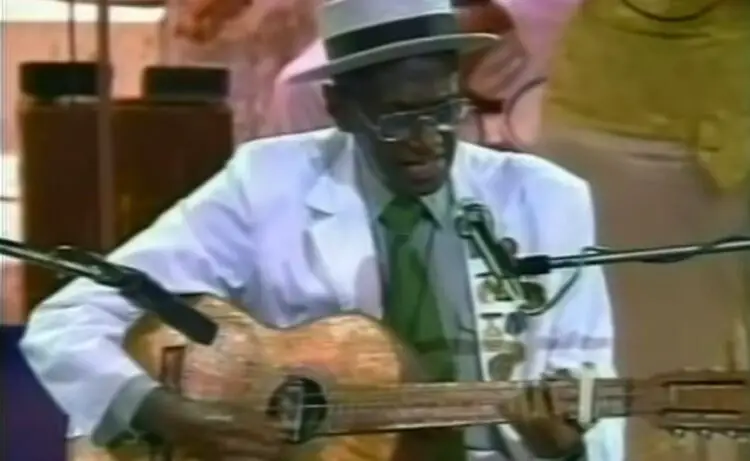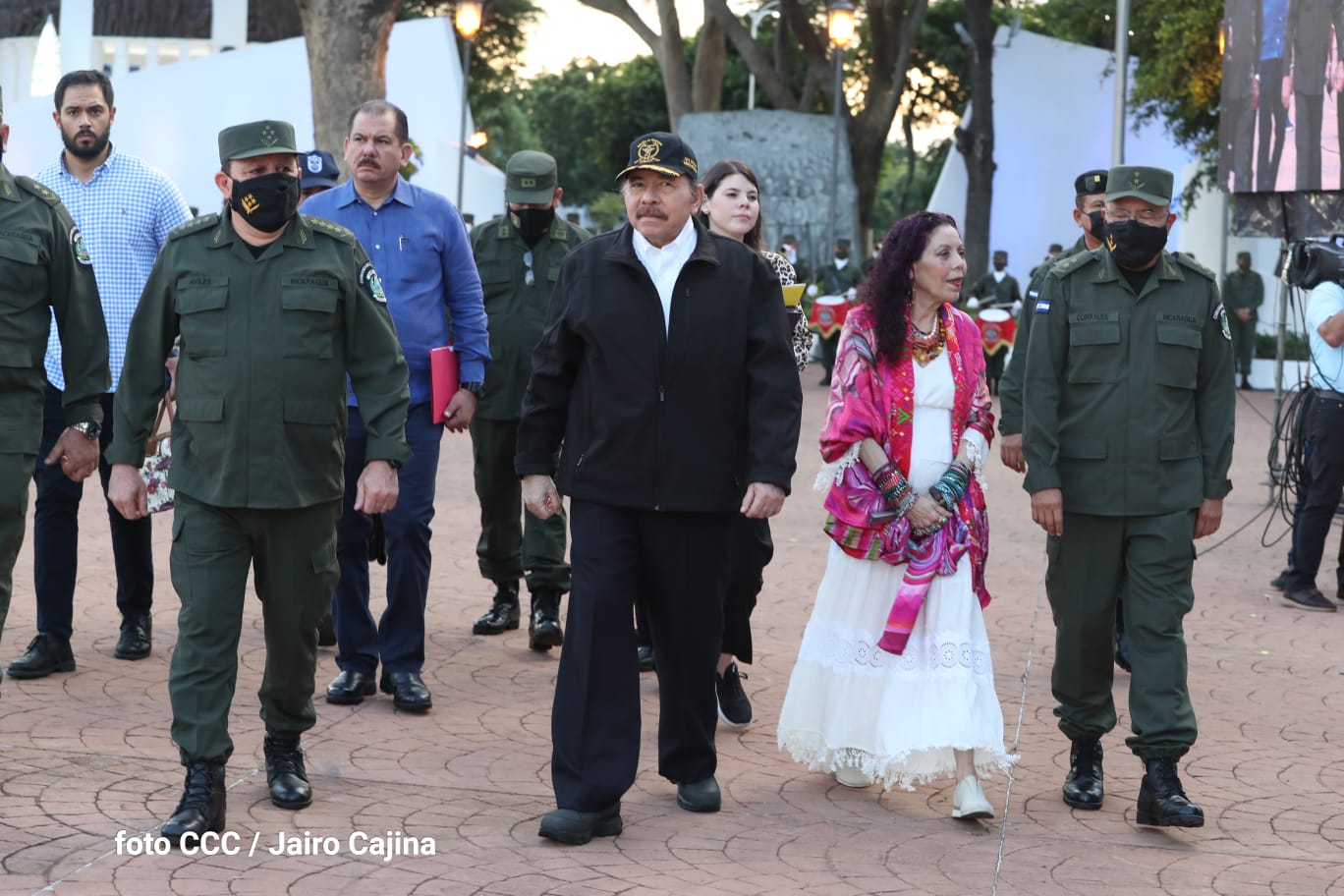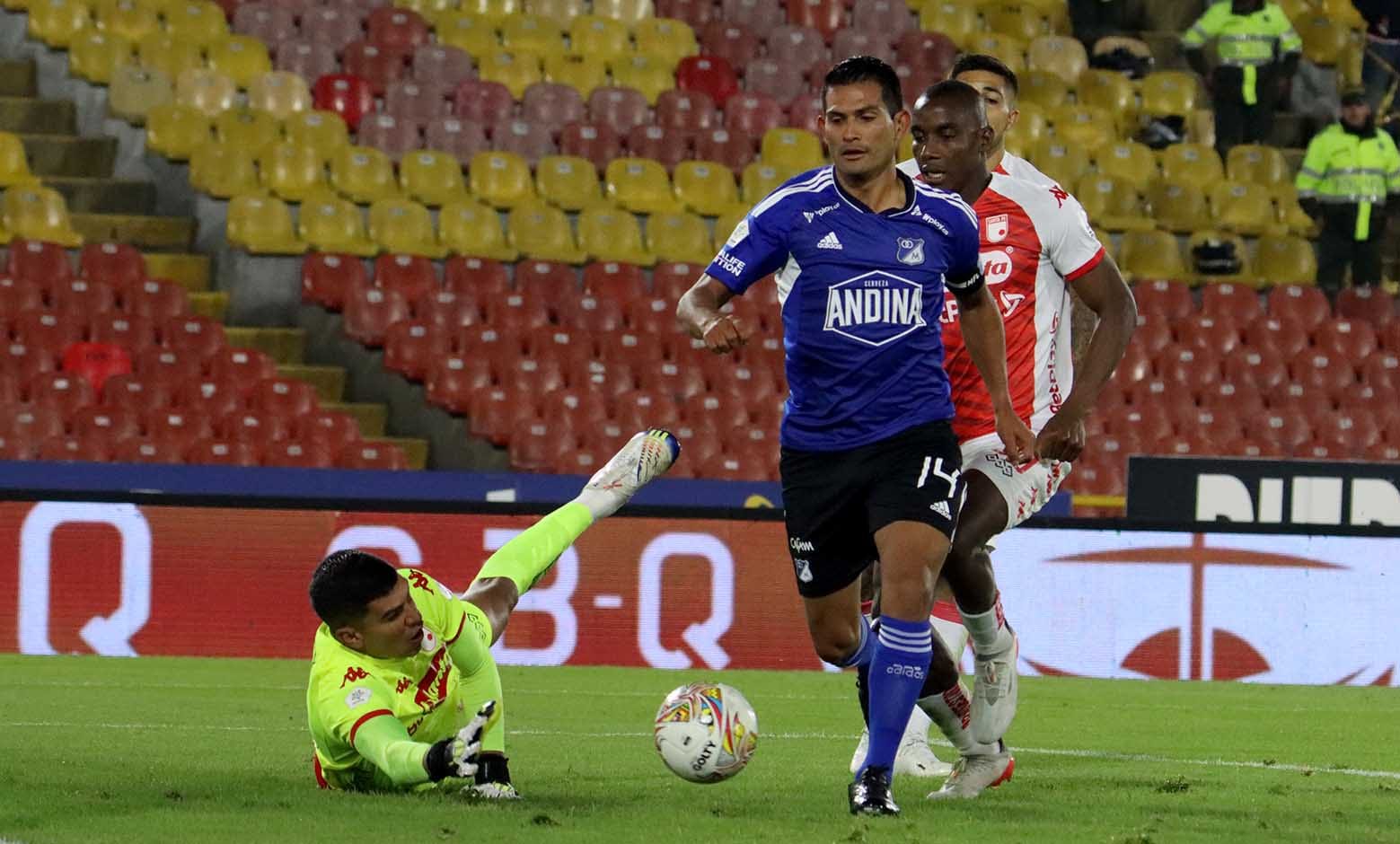HAVANA, Cuba.- Among the many excellent composers of guarachas that Cuba has produced, one of the greatest is Faustino Oramas, better known as “El Guayabero”, and considered by many as the last minstrel of traditional music. Cuban.
Singer, tres player and author of a vast repertoire, was born in the province of Holguin, in a home of extreme humility. From a young age, he displayed an impressive facility for composing complex sung stories, peppered with hilarious mischief and double meanings; although he used to say, jokingly, that “others had the double meaning”.
His rhymes earned him the sympathy and applause of all the lovers of the popular music Cuban. His guarachas have made generations of Cubans laugh and reflect, who to this day do not cease to marvel at his unique ability to improvise very long stories in tenths, entangling and untangling anecdotes in which humor, equivocation and the most respectful joking emerge. .
Faustino Oramas composed hundreds of guarachas, but particularly famous are “Cuida’o with the dog that bites callao”, “Marieta” and “El Guayabero”. These three pieces have been around the world and have been performed by great singers of popular music.
A virtuous poet and dedicated musician, always elegant with his white straw hat, his eternal tie and his shiny shoes, El Guayabero appeared on international stages, where he caused admiration for the originality of his interpretations and his witty jokes, which he told very seriously although the audience will roar with laughter and cheer for him to the point of delirium. His guarachas still delight the dancers, and there is no self-respecting Cuban who does not know at least a couple of them. Talking about El Guayabero is pondering the joy of his compositions and his virtuosity when it comes to expressing them.
Above all, he was an exceptional communicator of everyday life, who had the gift of reaching the public, involving them in his personal stories and in the very act of composing, improvising verses on stage.
The king of double meaning died in his native Holguín on March 27, 2011, after a long life dedicated to Cuban music, which he loved with devotion.






